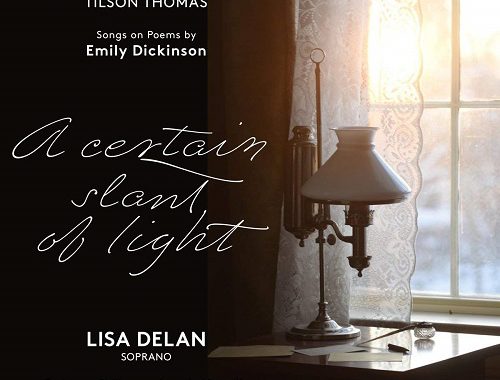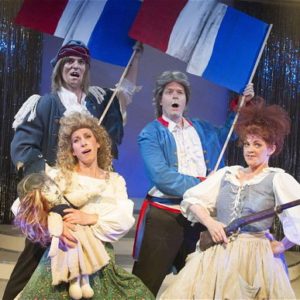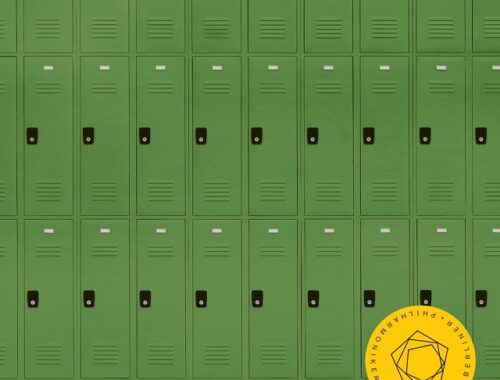Prom 63: Berlin Philharmonic Orchestra, Rattle – Review *****
It was, without doubt, the most breathtaking musical segue of this or any other Prom season and it unlocked a programme with Simon Rattle’s musical intellect written all over it. First came the cosmic vibrations of Ligeti’s Atmosphères where the Berlin Philharmonic’s famed pianissimi made silence almost indistinguishable from sound and where such were the subtle gradations of colour and dynamics that it was almost impossible to ascertain what the instrumental combinations actually were (or indeed if they were acoustic or electronic) – until at one point everything evaporated into a sustained piccolo frequency answered from the depths by those astonishing Berlin Philharmonic string basses.
With one last expiration from voiceless brass instruments, Rattle beat several bars of nothing at all before ethereal violins invoked the heavenly host of Wagner’s Prelude to Lohengrin. And so the space odyssey gave way to the spiritual odyssey and the Albert Hall hosted the Holy Grail in some of the loftiest and most magisterial measures of music known to us.
And then from the heights to the lower depths those string basses shifted uneasily again and a solo cello lament began searching for answers to the myriad questions posed by Sibelius’ 4th Symphony. It is interesting to note just how many of Rattle’s central repertoire pieces were also specialities of his legendary Berlin predecessor Herbert von Karajan. With this great symphony the first half journeying of this terrific concert found only a glimmer of certainty and hope in the glockenspiel which Rattle had symbolically, it seemed to me, buried among the basses – the darkest recesses of the orchestra. This is music in a state of perpetual flux, music of the most profound curiosity where only the most challenging ideas are addressed and the questions are of greater significance than the answers. It was quite magnificently done reaching its apogee of soul searching at the heart of the great Largo where Wagnerian horns seemed at last to glimpse the promised land.
Whether or not that might be construed as the brilliantly appointed soundscapes of Debussy and Ravel in the second half is a matter of conjecture. But suddenly it was all colour and light and Diaghilev’s balletic fancy. That Debussy’s Jeux probes the human intrigue growing out of but not necessarily connected to a game of tennis seems to me to be neither here nor there. The games here are musical and textural and long outstay their 20 or so minutes – and for all the miracles of refinement and super-piquancy achieved by Rattle’s wonderful players, the intrigue – harmonic and colouristic – only served to indulge our senses before our sojourn to Ravel’s ancient Greece. To me it was the wrong piece at the wrong time.
Even so, you haven’t lived until you’ve experienced the Berliners evoking the daybreak of Ravel’s Daphnis and Chloe. Hearing was believing as the opening’s wafting and warbling awakened even senses we didn’t know we had. As violas led the swell to sunrise the pliancy and tonal refulgence of this playing was something to wonder at, its innate Frenchness seeming to belie any Germanic connotations at all. Karajan and James Galway were a seductive pairing but Rattle and his flautist made one of the sexiest solos in music sound like Pan was indeed present and making music an invention of the moment. As for the exuberance of the E-flat clarinet in the final Bacchanale, he couldn’t better have conveyed the spirit if he’d actually got up and danced.


